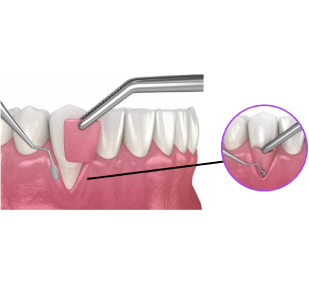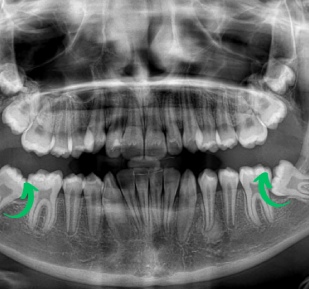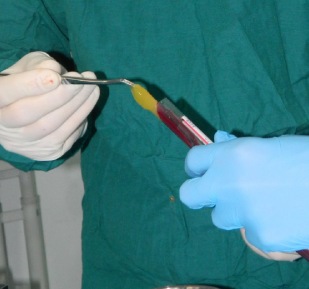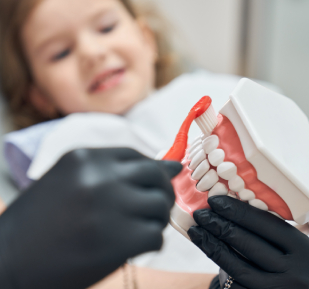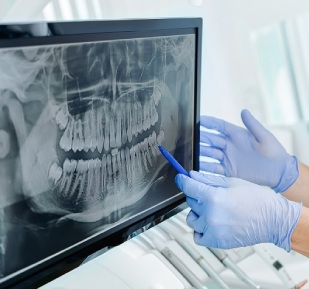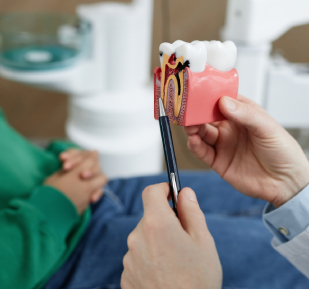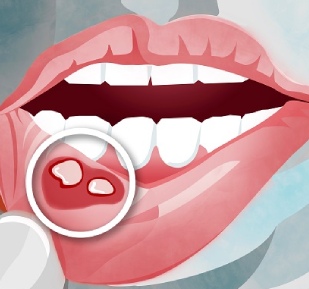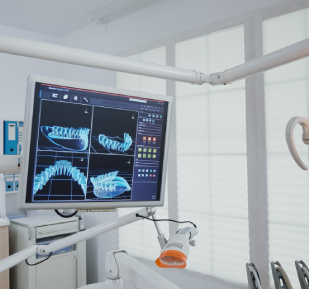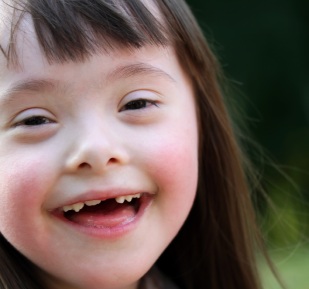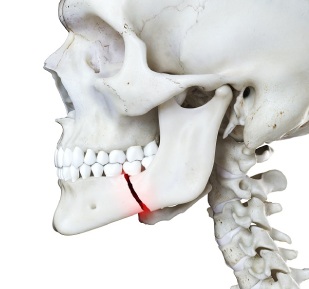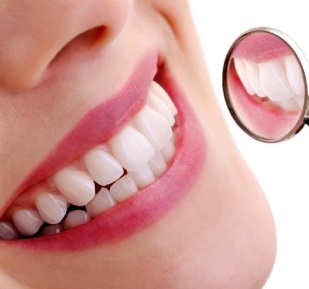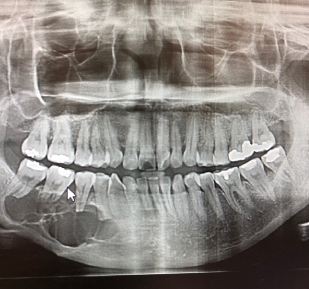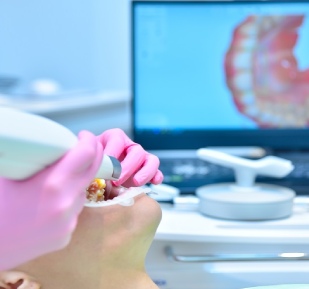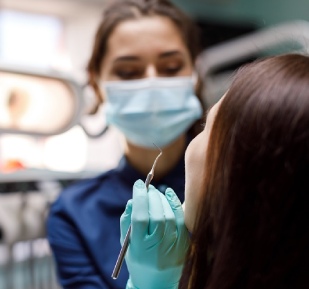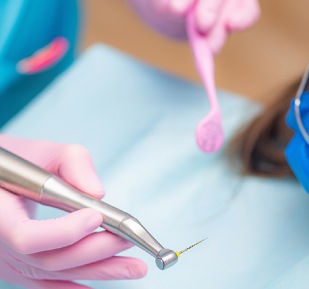Dental Treatments For Individuals With Special Needs

Individual with special needs; They are individuals who differ from their peers in terms of individual, developmental and education stemming from various reasons such as illness, accident, syndrome, and need special education services. Individuals with special needs are in the high risk group in terms of oral and dental diseases due to the inadequacy of their muscle activities, motor skills or mental functions. It is of great importance to protect their oral and dental health by experiencing problems such as nutrition and chewing. Due to general health problems in these individuals, oral and dental health may be secondary, which may cause problems in oral and dental treatments.
What Should Be Done to Protect Oral and Dental Health in Individuals with Special Needs?
Attention should be paid to eating habits, and a physician's opinion should be sought on nutritional habits.
Acidic foods that can cause tooth decay, easily stick to teeth and gums, and contain plenty of sugar and carbohydrates should not be preferred.
Special toothbrushes for disabled children should be preferred.
Tooth brushing should be done, and in cases where it is not possible, food residues should be cleaned by rinsing the mouth.
It should be taken to the dentist regularly and preventive treatments should be applied if necessary.
In treatment applications, the psychological effects of individuals can be minimized by applying treatment methods such as sedation (sleeping) or general anesthesia. Thus, all dental treatments can be completed in a single session.
Due to the difficulties experienced in dental treatments, more frequent visits to the dentist should be made, and early detected caries and dental diseases can be easily treated.
How Should Individuals with Special Needs Be Treated in Examination and Treatment?
Relatives of individuals with special needs should make practical applications at home before coming to the clinic. Parents should convey the patients' special situations, favorite toys and previous negative experiences, if any, to dentists. It can be easier to apply examination/treatment by conveying positive approaches to be made beforehand, in a way that the individual can understand what to do with him, and by giving instructions. The physician should make the individual feel safe and cooperate with the family and the individual. In terms of trust, patient follow-up should be done by the same dentist, if possible.
In Which Disabled Individuals Can Dental Treatment Under General Anesthesia Be Applied?
In individuals with Down syndrome, cerebral palsy, autism spectrum disorder (ASD), mental and physical disabilities, psychological problems or fear of the dentist, dental treatments under general anesthesia can be completed in sleep to create fear and anxiety in patients.




